14 Brands That Got Caught Cheating Their Customers
Most people trust the familiar names they see on shelves and screens, but that trust can be shattered when big brands cut corners, inflate prices, or make false claims. The good news is that some of them get caught, and the fallout often includes lawsuits, fines, and public backlash. Here’s a look at the companies that were exposed—and what happened when the truth finally came out.
Volkswagen

Credit: Wikimedia Commons
Diesel drivers thought they were helping the planet, but hidden software said otherwise. Volkswagen accepted that it had rigged emissions tests and made cars seem cleaner than they were. Millions of vehicles released way more pollution than advertised. Once the truth came out, there were serious repercussions for the company in the form of massive fines, buybacks, and long-term damage to its reputation.
Wells Fargo
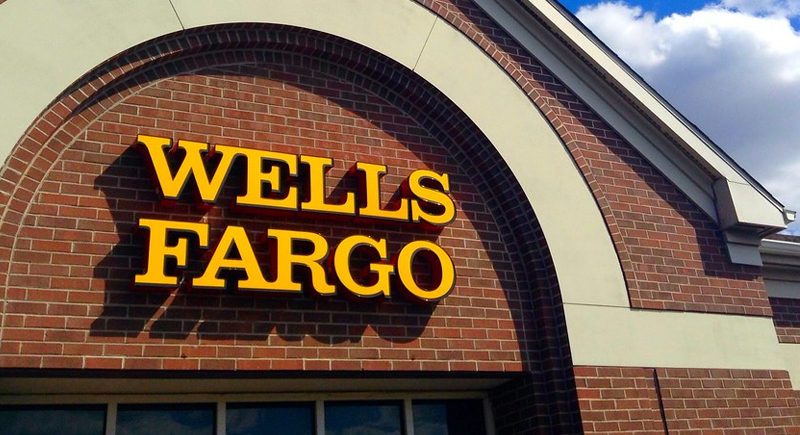
Credit: flickr
Employees opened fake accounts under real names in an attempt to meet aggressive sales goals. Most Wells Fargo account holders didn’t notice until fees showed up or their credit took a hit. The bank eventually admitted fault, paid billions in penalties, and promised reform.
Theranos
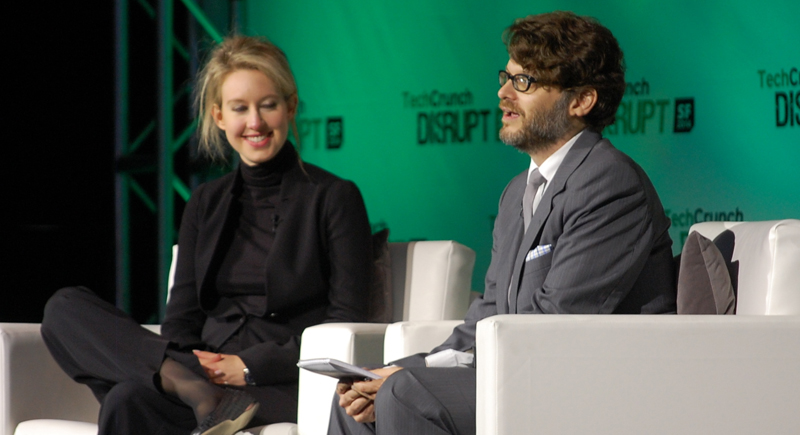
Credit: Wikimedia Commons
Blood tests that worked with a single finger prick–it sounded revolutionary, but turns out, Theranos couldn’t deliver. The tech failed to function, even though investors and patients were told it did. Once whistleblowers spoke up, the company crumbled under criminal charges. The story became one of the biggest health-tech frauds of the decade.
Ticketmaster
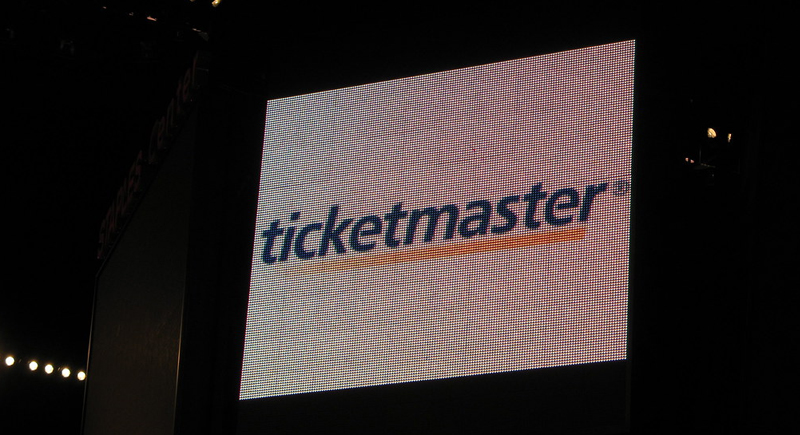
Credit: flickr
Very few people expected extra fees to pop up right before checkout. Ticketmaster faced backlash for hiding costs until the last screen. Lawsuits pushed for more transparency, and frustrated concertgoers started calling for alternatives.
Samsung

Credit: flickr
Phone updates that slow things down? That’s what many users experienced—without warning. Samsung revealed it had been reducing performance on older models to “protect battery life,” but users suspected it was to push upgrades. Investigators stepped in, and the company was fined in several countries.
Facebook (Meta)

Credit: flickr
Scrolling through your feed, you probably didn’t realize how much personal data was being shared. Facebook’s Cambridge Analytica scandal exposed how user info ended up in the hands of political firms without consent. The platform was then forced to rethink how it handles privacy and user control after several fines.
Equifax
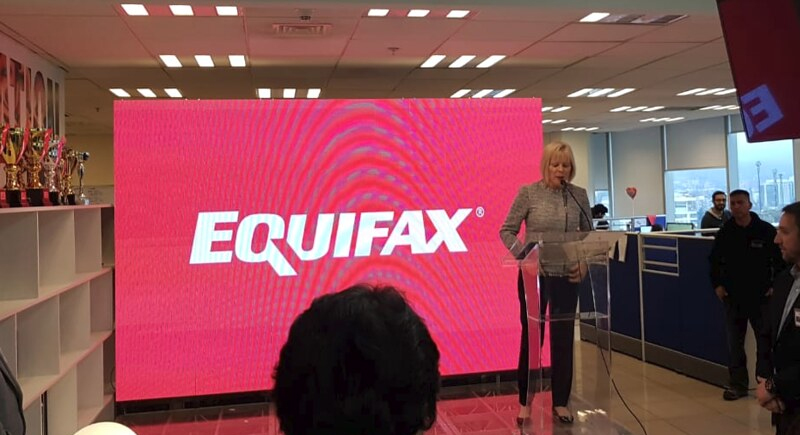
Credit: flickr
A massive data breach exposed sensitive information from more than 140 million Americans. The worst part was that Equifax didn’t alert users right away and fumbled the response. Names, Social Security numbers, and birthdates were all compromised. The company caved in, took responsibility for the security failures, and ended up paying hundreds of millions in settlements.
Boeing

Credit: pexels
Two tragic plane crashes pushed Boeing into the spotlight. The 737 MAX had a flawed safety system that the company didn’t fully explain to pilots or regulators. Investigations revealed cut corners and hidden risks. After a lengthy global grounding, the company faced lawsuits, investigations, and deep questions about its priorities and safety practices.
L’Oréal
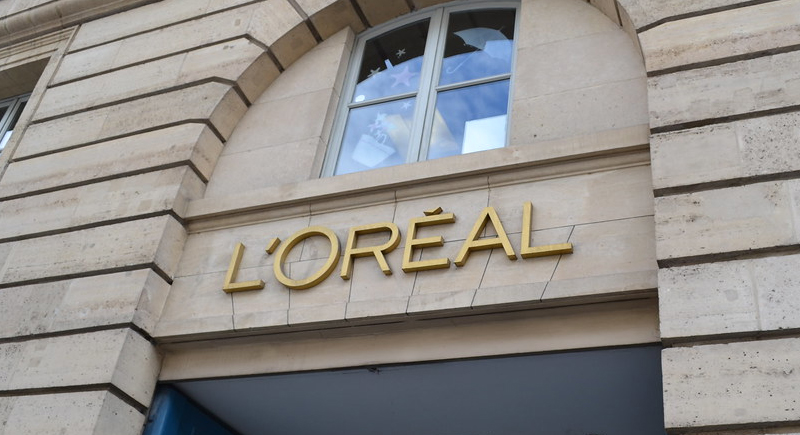
Credit: flickr
When ads promise smoother skin and erased wrinkles, customers take notice. But L’Oréal crossed the line with beauty campaigns that used heavy photo editing and exaggerated results. Regulators in the U.S. and the UK pushed to make changes.
Subway
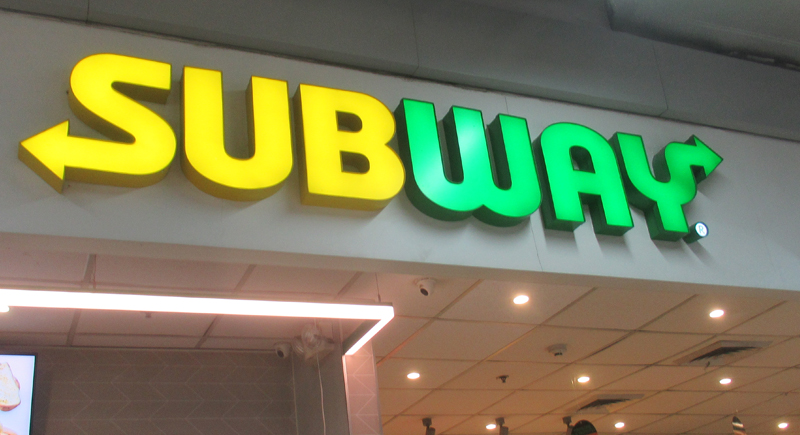
Credit: Wikimedia Commons
People sued after discovering some “footlong” sandwiches were coming up short. Subway also faced controversy over the makeup of its tuna, with lab tests raising questions. The company defended its products, but the back-to-back headlines sparked jokes, memes, and concern about what exactly was between the bread.
Uber

Credit: flickr
Drivers were promised big earnings, and riders were told prices were fair. But behind the scenes, Uber inflated driver pay estimates and tacked on surprise fees. Investigators uncovered misleading marketing and unfair practices. Fortunately, the company adjusted how it explained pricing and earnings as a way to rebuild credibility in the gig economy.
H&M

Credit: Wikimedia Commons
Tags with words like “conscious” and “sustainable” attracted eco-minded shoppers. However, H&M failed to define those terms clearly. Critics said the company was greenwashing by making the clothes sound more eco-friendly than they were. Watchdog groups called them out.
PepsiCo (Naked Juice)
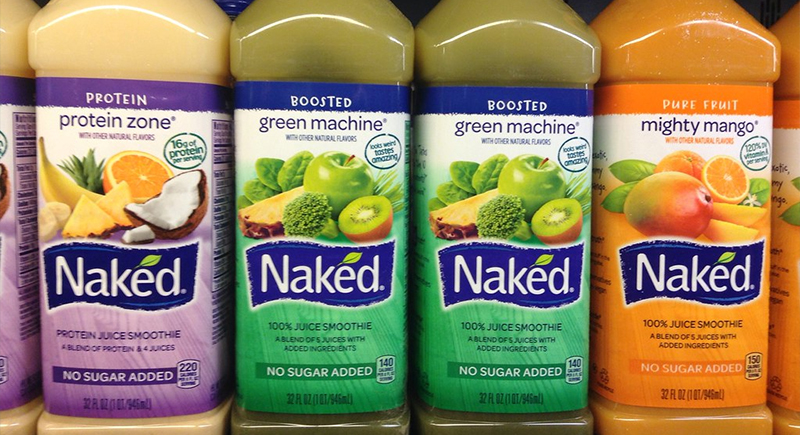
Credit: flickr
Those colorful juice bottles looked like health in a bottle—until consumers learned “all natural” didn’t quite mean what they thought. Naked Juice contained added ingredients that did not match the label. PepsiCo settled a lawsuit and removed the misleading claim.
New Balance
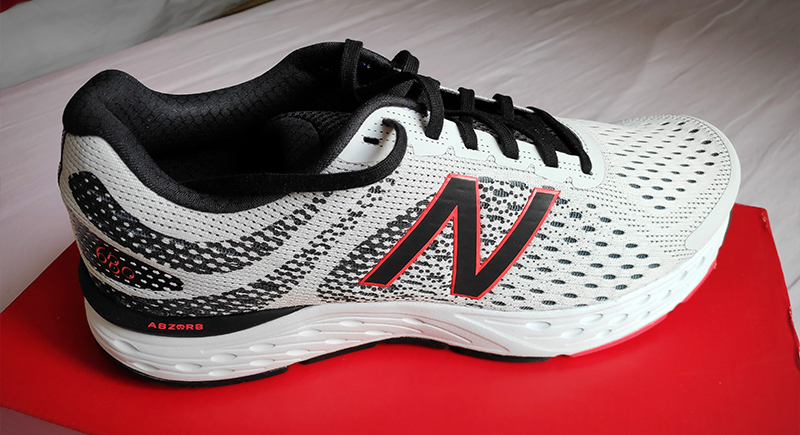
Credit: Wikimedia Commons
New Balance advertised certain shoes as “made in the USA,” but not all parts were domestic. The marketing confused buyers who thought they were getting 100% American-made products. After complaints, the organization clarified its labeling to reflect what “made in the USA” really means.
DirecTV
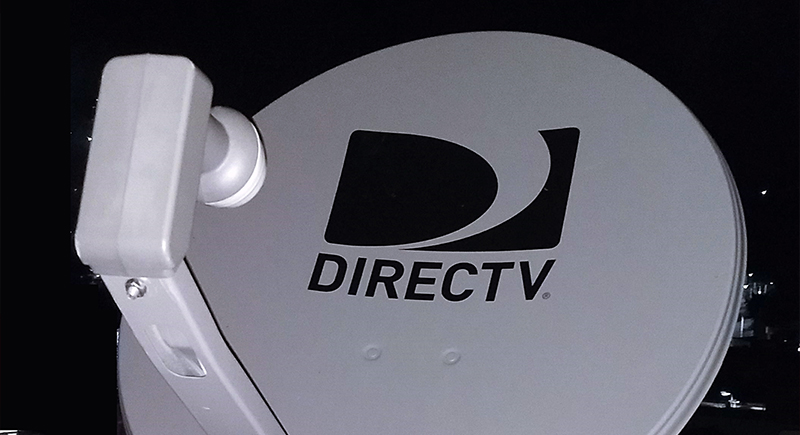
Credit: Wikimedia Commons
Customers signed up for one price and then saw extra fees pop up in bills. DirecTV was hit with lawsuits for unclear pricing, cancellation charges, and billing tricks. The FTC stepped in, and the company eventually settled. The service worked fine for some, but others felt blindsided by the true cost of watching TV.
Red Bull
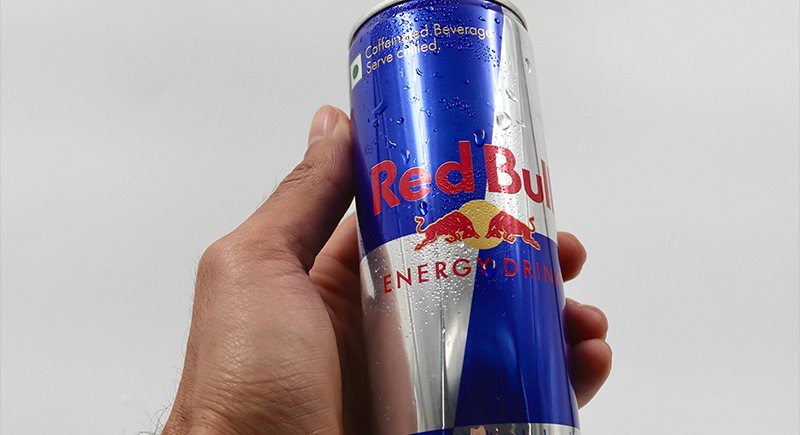
Credit: pexels
The slogan “gives you wings” led to one of the strangest legal settlements in recent memory. A class action lawsuit claimed Red Bull’s advertising was not true to form because the drink didn’t actually boost performance and contained less caffeine than a cup of coffee. Without admitting wrongdoing, the company paid around $13 million in the lawsuit and offered up to $10 to anyone who purchased the drink during the slogan’s marketing.